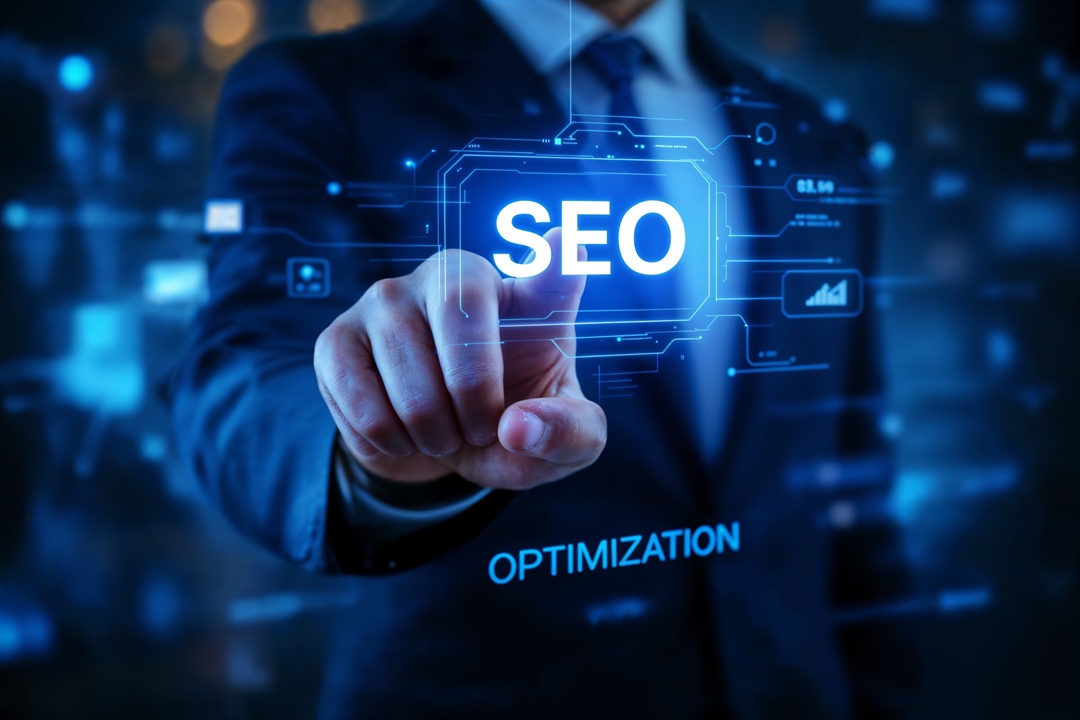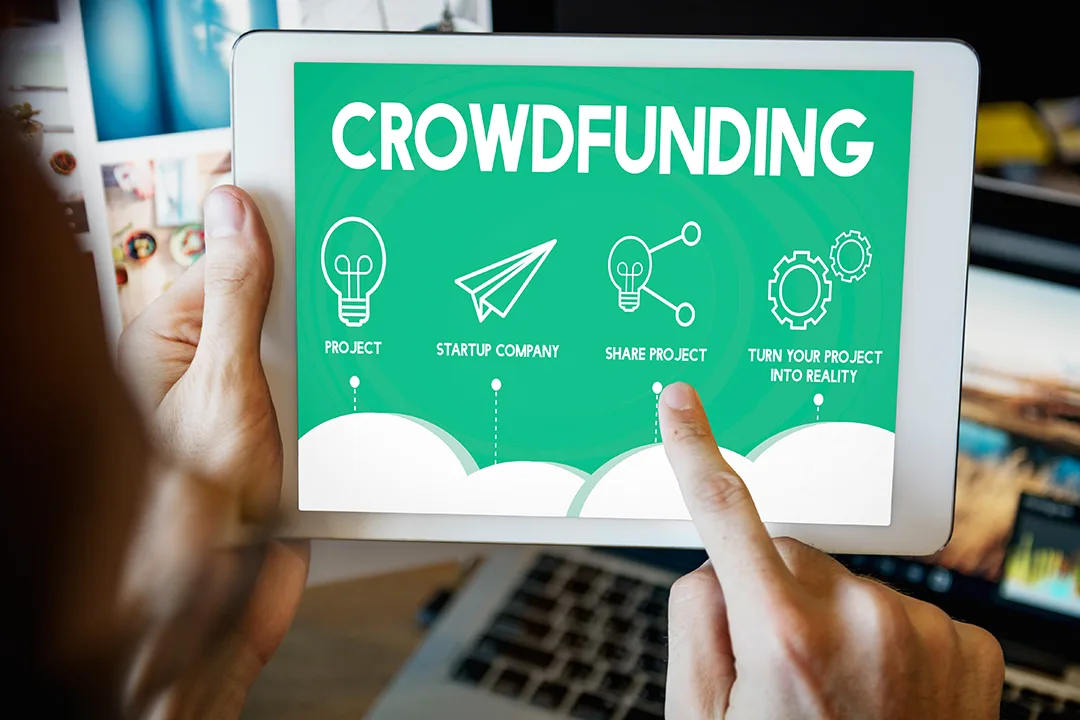Search engine optimization (SEO) is evolving rapidly, and artificial intelligence (AI) is at the forefront of this transformation. As search engines refine their algorithms to prioritize user experience, marketers must adopt AI-driven strategies to stay ahead. From automation to predictive analytics, AI enhances how businesses optimize content, improve rankings, and drive organic traffic.
In this blog, we’ll explore the most effective AI-driven SEO strategies for 2025 and how they can help businesses stay competitive.
Why AI is Changing the SEO Landscape
AI has revolutionized SEO by automating complex tasks, analyzing vast amounts of data, and providing personalized user experiences. Search engines like Google now use AI-powered algorithms, such as RankBrain and BERT, to understand search intent and deliver accurate results. This shift requires businesses to refine their approach to SEO, focusing on quality content, user engagement, and AI-powered tools.
Key Benefits of AI in SEO
- Enhanced Keyword Research – AI-driven tools provide precise keyword insights by analyzing search trends and user intent.
- Content Optimisation – AI tools help create high-quality, engaging content tailored to user preferences.
- Improved Search Rankings – AI helps identify ranking factors and suggests actionable improvements.
- Automated SEO Audits – AI-powered platforms streamline technical SEO checks, reducing manual effort.
- Better User Experience – AI analyses user behavior to improve website structure, speed, and engagement.
Top AI-Driven SEO Strategies for 2025
AI is transforming SEO by enhancing automation, improving content relevance, and optimizing user experience for better search rankings. Let’s understand some of the top AI-driven strategies.
1. AI-Powered Keyword Research and Content Optimisation
Traditional keyword research is time-consuming and often lacks precision. AI-powered tools like SEMrush, Ahrefs, and Google’s AI-driven Search Console provide real-time data on keyword trends, search intent, and competition.
By leveraging AI, marketers can:
- Identify long-tail keywords with high search potential.
- Optimise content based on user intent rather than just keyword density.
- Use AI-driven content creation tools to enhance readability and engagement.
2. Voice Search Optimisation with AI
With the rise of voice assistants like Siri, Alexa, and Google Assistant, voice search is reshaping SEO. AI helps optimize content for voice search by analyzing natural language patterns and conversational queries.
To stay ahead, businesses should:
- Use question-based keywords and conversational phrases.
- Optimize local SEO for voice-based searches.
- Focus on featured snippets that answer common user queries.
3. Predictive Analytics for SEO Strategy
Predictive analytics, powered by AI, helps businesses forecast trends and adjust their SEO strategies accordingly. By analyzing historical data and user behavior, AI can predict:
- Which keywords will gain traction in the future?
- The best times to update content for higher engagement.
- Potential ranking fluctuations based on algorithm changes.
4. AI-Powered Chatbots for Improved Engagement
User engagement is a crucial SEO factor, and AI-driven chatbots enhance the visitor experience by providing instant support. Chatbots can:
- Answer frequently asked questions, reducing bounce rates.
- Guide users through website navigation.
- Collect user data for personalized content recommendations.
5. Automated Technical SEO Audits
Technical SEO plays a critical role in search rankings. AI-powered tools like Screaming Frog, DeepCrawl, and Google Lighthouse automate website audits to identify and fix issues such as:
- Broken links and 404 errors.
- Page load speed optimization.
- Mobile-friendliness and core web vitals improvements.
6. AI-Generated Content and Personalisation
AI-driven content creation tools, like ChatGPT and Jasper, help marketers generate high-quality, SEO-friendly content. These tools analyze user preferences to:
- Suggest personalized content recommendations.
- Create topic clusters to enhance search engine visibility.
- Improve content structuring for better readability and engagement.
7. AI-Powered Image and Video SEO
With the increasing importance of visual content, AI helps optimize images and videos for better search rankings. AI-driven tools enhance:
- Image recognition to improve alt text and metadata.
- Video SEO by analyzing engagement metrics and suggesting optimized titles and descriptions.
- AI-generated transcripts to make videos more searchable.
Comparing Traditional SEO vs AI-Driven SEO
| Feature | Traditional SEO | AI-Driven SEO |
| Keyword Research | Manual, time-consuming | AI-driven, data-backed insights |
| Content Optimisation | Based on keyword stuffing | User intent-focused, AI-enhanced |
| Technical SEO Audits | Manual audits, slow process | Automated, real-time analysis |
| User Experience | Generalized approach | Personalised recommendations |
| Predictive Analytics | Based on historical data | Future trend forecasting |
| Voice Search Readiness | Limited optimization | AI-powered conversational content |
How to Implement AI-Driven SEO in Your Business
Integrating AI into your SEO strategy helps automate tasks, analyse data-driven insights, and refine optimisation efforts for sustained growth.
1. Invest in AI-powered SEO Tools
Using advanced tools such as Surfer SEO, Clearscope, and MarketMuse helps analyse and optimise content with AI-driven recommendations.
2. Focus on User Experience (UX) Metrics
AI tracks user engagement, bounce rates, and dwell time. Improving site navigation, mobile responsiveness, and page speed enhances these metrics.
3. Leverage AI for Competitor Analysis
AI tools analyze competitor strategies, identifying gaps and opportunities to improve your rankings. This allows businesses to refine their approach for better results.
4. Optimise for Semantic Search and Intent Matching
Instead of targeting exact-match keywords, AI helps businesses create content that aligns with search intent. This increases the chances of appearing in Google’s featured snippets and knowledge panels.
5. Automate Content Updates and Refreshes
AI identifies outdated content and suggests improvements, ensuring web pages remain relevant and continue ranking high on search engines.
Conclusion
The future of SEO is AI-driven, and businesses that embrace these advancements will maintain a competitive edge in 2025. By integrating AI-powered tools, predictive analytics, and automation, brands can enhance their digital presence, improve search rankings, and drive organic traffic.
For expert guidance, partnering with a reliable SEO agency in India can streamline the process and ensure the best results. Stickypins, a leading digital marketing agency, specializes in AI-driven SEO strategies that align with the latest industry trends. Stay ahead of the curve by leveraging AI-powered SEO solutions today!





